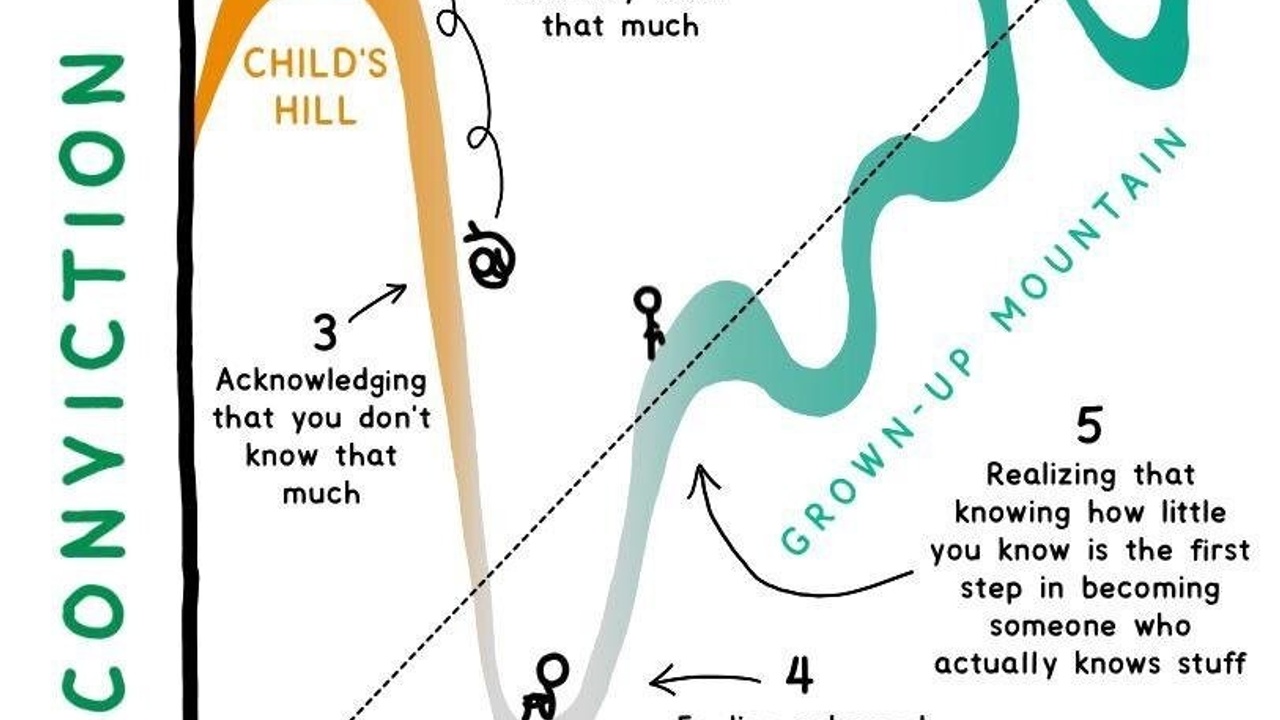The Entrepreneur’s Challenge: Imposter Syndrome
Aug 23, 2022
Your university degree costs you $100k; here's one free lesson that will be worth more than your degree.
10-second summary:
Imposter syndrome comes from feeling like a fraud and that you don't belong. The best way to combat it is to know which one of these types best describes you:
🔹 The Perfectionist
🔹 The Expert
🔹 The Soloist
🔹 The Natural Genius
🔹 The Superhuman
Then decided how to address it:
⚡️Learn the facts
⚡️Discuss it openly
⚡️Document your wins
⚡️Realize you're not perfect
⚡️Adopt a growth mindset.
Want to know more? 👇
Why entrepreneurs suffer from imposter syndrome
Imposter syndrome is a feeling of fraudulence and not being good enough that plagues many people in the workplace. It often manifests in people sensitive to their status, credentials, or experience. However, it can also affect those who don't think they're smart enough to be where they are at this point in their career — even when others say otherwise.
So why does imposter syndrome happen?
Imagine that you've just been promoted to manager. You've been waiting for this moment for a long time, and you're excited about it. And then, your boss calls you into her office for a meeting. She tells you that she's heard some rumors around the office about how good a job you're doing as an assistant manager, but you don't believe it because your inner critic rises and tells you, "You're not organized enough," or "you don't have good people skills."
This is an example of imposter syndrome: a psychological phenomenon in which people cannot internalize their accomplishments. Instead of seeing themselves as competent despite challenges, they attribute their success to external factors such as luck or help from others.
How to fix imposter syndrome
If you're feeling like a fraud, here are some things that might help:
⚡️Learn the facts. 8 out of 10 leaders feel like imposters at some point in their careers. You are not alone. Knowing this is the first step to combatting imposter syndrome.
⚡️Discuss it openly. After learning the facts, you know 8 out of 10 people feel (or have felt) similarly. So share generously; if it's vulnerable, it's universal.
⚡️Document your wins. Keep a journal of your successes and document your journey. If you need help, ask a close friend for suggestions to add to the list, they are great at keeping track of your wins.
⚡️You're not perfect. I know this seems obvious on the surface, but if we believed it, we wouldn't be so hard on ourselves. The #1 factor that influences success in creative fields? Volume of work. So great creatives use the 70-20-10 rule:
•70% of your work will suck
•20% will be average
•10% will be amazing
If you're avoiding failure, you're avoiding success.
⚡️Adopt a growth mindset. When you receive constructive criticism, instead of arguing about whether their assessment is true (it probably is), thank them for their input and use it as an opportunity for growth.
Know this:
Everything surrounding you right now was built by people just like you.
Join Over 300 Leaders!
The 3 Minute Business Coaching Newsletter
Every Friday, I share 1 actionable tip to help you move from being a good leader to a great leader.
(And you can read it in under 3 minutes!)
We hate SPAM. We will never sell your information, for any reason.

